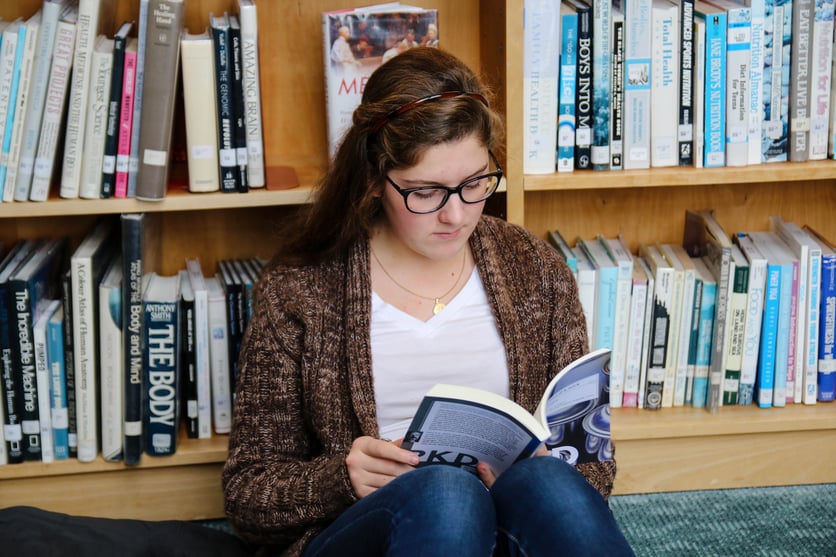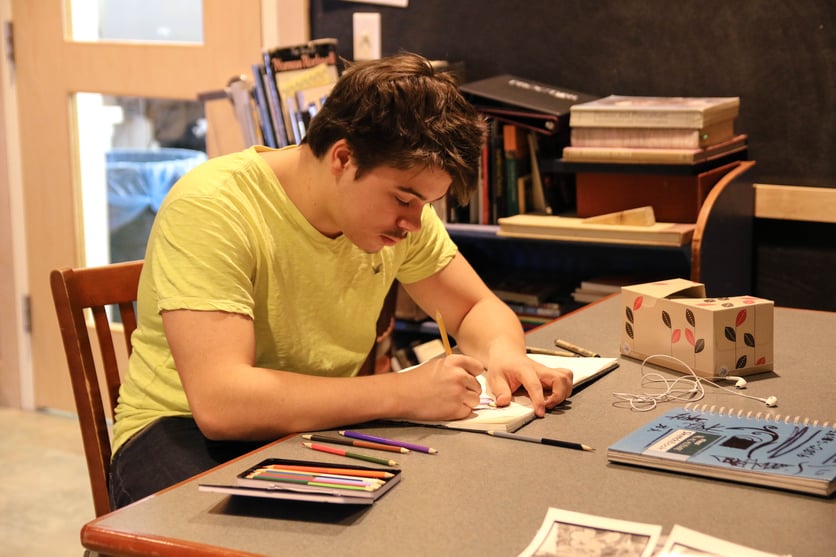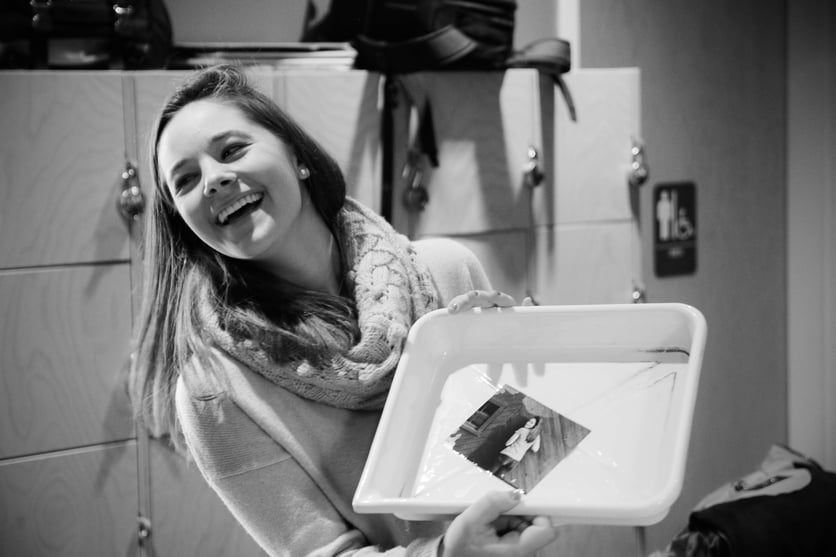I have spent this week in Texas – Austin, Houston, and Dallas. When skipping from one city to the next, meeting different Proctor families to talk about the school and capital campaign initiatives, time breaks down into blocks. And then there are the spaces in between when I pull out my iPhone to fill the small moments with small news: political updates, emails, sports scores, text messages. This week I have looked to change the habits of these micro moments with a copy The Best American Short Stories of 2015. Something more than a news feed, the collection has proved useful.

T.C. Boyle edited this year’s stories, and his introductory essay speaks to the history of the short story, the loose parameters that define it, the improbability of making a living writing it, and the narrative complexity found in the 2015 edition. He talks about the tension in a good story, tension that doesn’t tolerate a loose sentence or slack description. He turns to Edgar Allen Poe to help define the short story, which according to Poe should be absorbed in one sitting, the length of which should be roughly held to an hour. “In the brief tale…the author is enabled to carry out the fullness of his intention…During the hour of perusal the soul of the reader is at the writer’s control.”

What I like about short stories, the ones that squeeze, are the terms of this transaction. Different than small moments filled with small news coming from without, the story is met from within. It unpacks furnishings so deftly that the reader leans back in a chaise lounge or toes a coffee table or sees a small dog without ever realizing a threshold has been crossed. It’s magic unleashed. Unleashed perfectly. Boyle recommended Madame Lazarus by Maile Meloy. I read it (and others), and like a good story that not only produces a trompe l’oeil impact, it leaves the reader with a bit of truth to pocket like spare change.

Whether you are a reader or not, you know the spell. How? Well, in those moments the doors swing open and you unknowingly cross a threshold that you only realize when you cross back out. It might happen to students in the woodshop or the recording studio, in calculus or in the computer lab, or maybe up at Mud Pond or the square in Segovia. It doesn’t have to happen with a collection of short stories assigned in American Literature. But when it does happen, time slows, different possibilities emerge, and there’s that clink of knowledge and a little worldly wisdom. Schools should be filled with those hours, lost hours that yield a greater truth and the jingling of change.
This week a collection of short stories helped me use those small moments to find a couple of lost hours.

Mike Henriques P'11, P'15
Proctor Academy Head of School








